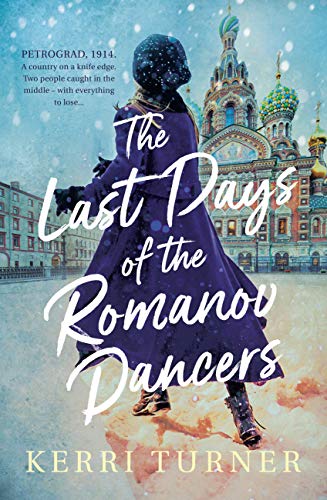
Glenn Gould A State Of Wonder Rar
Where the first one had good scares, this one is just some more of that PG13 Hollywood mainstream horror. Insidious 2 torrent download 720p movie. Where the first one had good structure and tension, this one is slightly random/uneven and with slowdowns in rhythm. This is basically a lazy continuation of the first, with no real motive or at least a failed attempt at building from the original and recreating a piece that is as challenging and that keeps the same quality formula while expanding on other possible notions of the Insidious realm.
Sep 10, 2013 - Glenn Gould discusses his performances of the Goldberg Variations with Tim Page. Studio Outtakes from the 1955 Goldberg Variations. This item: Glenn Gould: A State of Wonder - The Complete Goldberg Variations 1955 & 1981 by Johann Sebastian Bach Audio CD $15.98 In Stock. Ships from and sold by Amazon.com.
Next on the list is the Goldberg Variations of Johann Sebastian Bach. I want to emphasize the recordings on piano of this work by Glenn Gould, on a set of discs entitled. This set includes Gould's original recording of 1955 as well as his later recoding of 1981. The set also includes an additional disc which has an interview with Gould conducted by music critic Tim Page, plus some studio outtakes. According to in his course, the variations were written for a nobleman who employed a harpsichord player named Theophilius Goldberg. This gentleman suffered from illness and insomnia, and would have Goldberg play for him when he couldn't sleep.
As payment, Bach was given a golden goblet filled with a hundred 'Louis d'Or' worth around $200,000 in today's currency. The set includes two 'arias' as Bach called them, which are identical movements which introduce the theme to be developed in the thirty other movements, so that there are thirty variations and thirty-two movements in all. The thirty variations are collected in a set of ten cycles or 'Trinities.' Each cycle, except the last one, has first a movement called by Greenberg 'character' pieces, usually a dance of some sort, movements intended for the body.
The second movements are toccatas, fast movements for the fingers. For cycles 2 through 9, the third movements are canons (similar to a round, as in 'Row, Row, Row Your Boat'), with the voices that follow the lead begin on different intervals. On the tenth cycle, the third movement (variation 30) a quodlibet is played, rather than a canon. This is a medley of popular songs, which were a standard at Bach family gatherings. The 1955 recording is considered a masterpiece, as is the 1981.
They are different, however, in performance, with the later recording taking almost twenty minutes longer than the former. Walk in the park at six flags. Each variation includes repeats of the themes, however in the 1955 performance Gould did not play the repeats. In addition, the 1955 recordings were played much, much faster than they were in 1981.
Also, in 1981 Gould played the repeats, and thus the performance takes longer. While piano recordings of Bach's works are not unusual, Bach himself wrote mostly for the organ and the harpsichord, and you can find recordings of his works using these instruments. In fact, a recording of the Goldbergs played on harpsichord is what I plan to study next. As I've indicated in earlier entries, I often play bits of classical music to ease me to sleep at night. However, on Gould's recordings, at least, some of the variations are too fast and too loud to be comforting enough to play the role of the lullaby.
I'm not sure this was the intent of Bach when he wrote them. I should learn more when I listen to a harpsichord recording of the variations.
I should point out that I don't own a lot of Bach. I think my ears are just too unwashed to gush over Bach as his followers do.
For over seventy years after Bach's death, his music wasn't played all that much, as the style we now call Classical was in vogue. In the book Classical Music by Phil G. Goulding, the author puts Bach at the top of a list of the fifty greatest composers, and lists him as one of only three 'Immortals' (the other two being, in order, Mozart and Beethoven). My tastes tend more towards the Romantics, but I've found the Goldbergs to be intellectually stimulating, with the cycles within cycles (I've left a bunch of stuff out here). 18 Comments: Anonymous said.